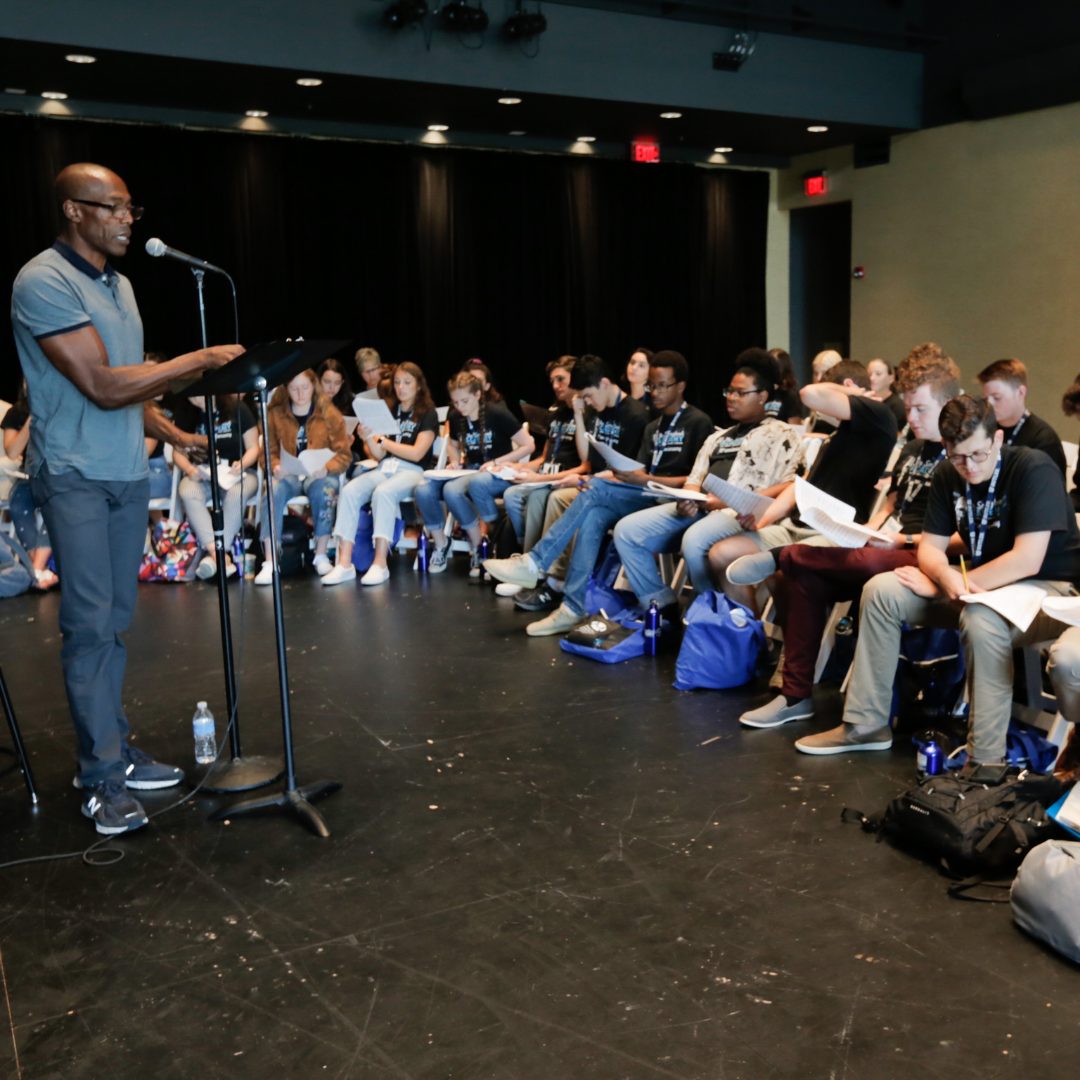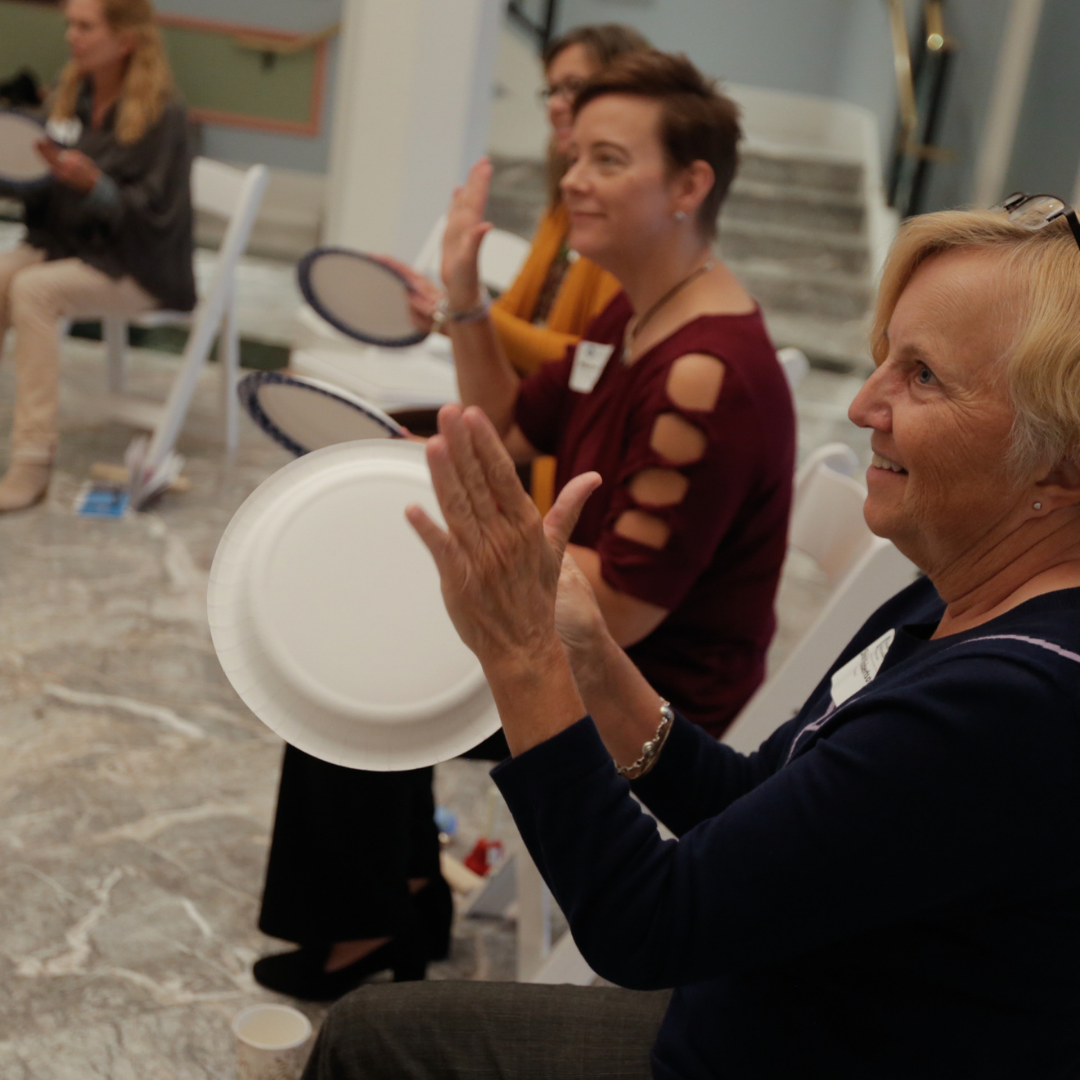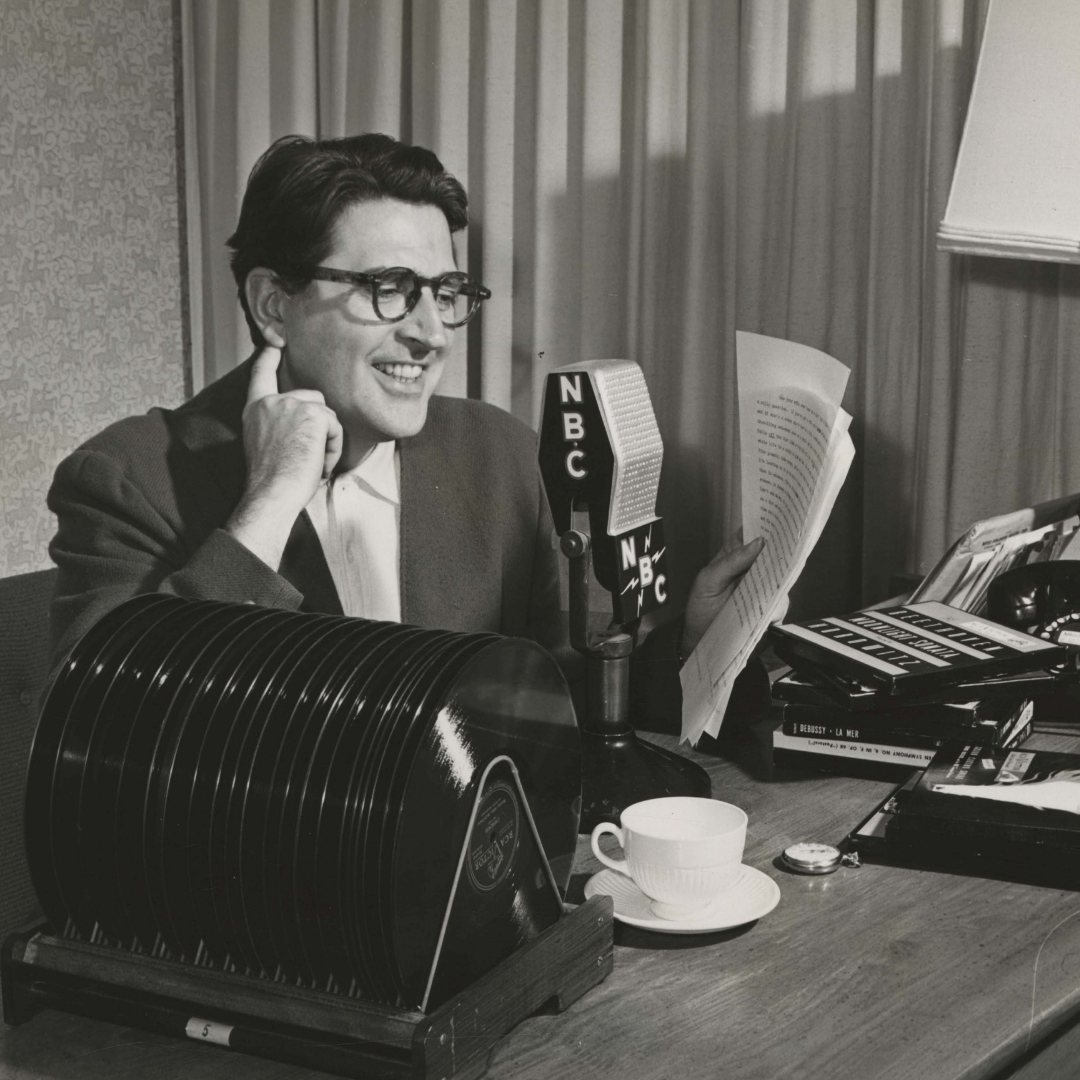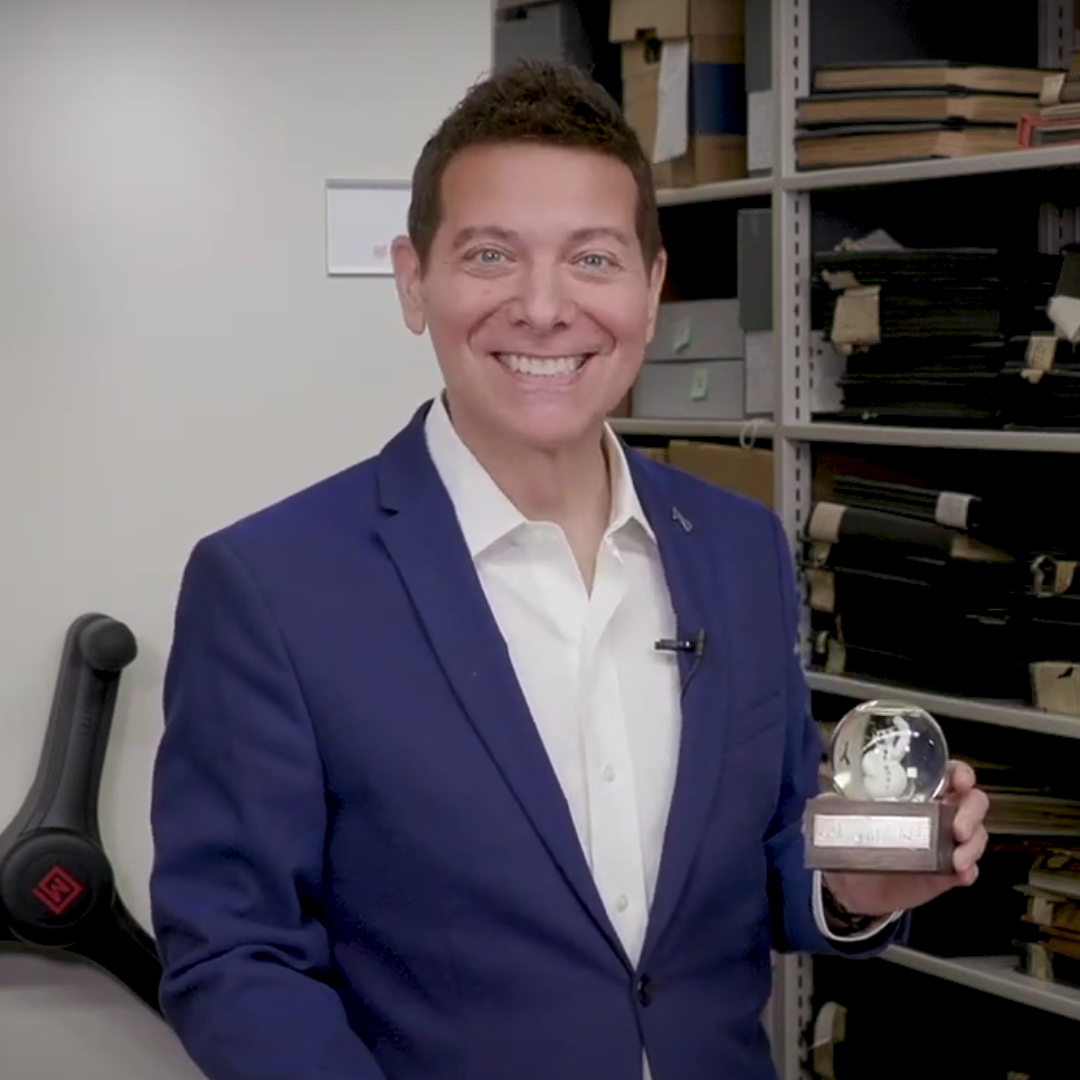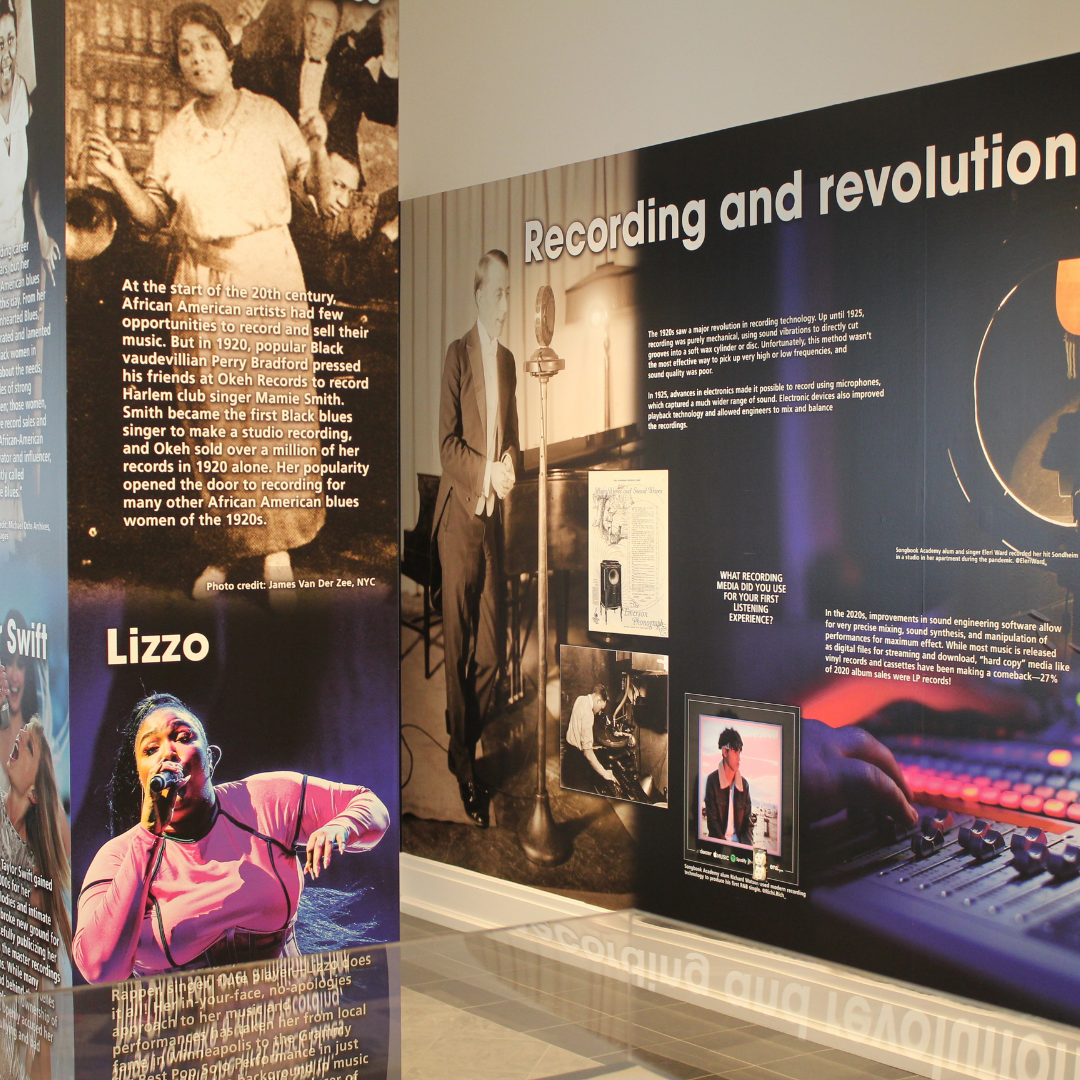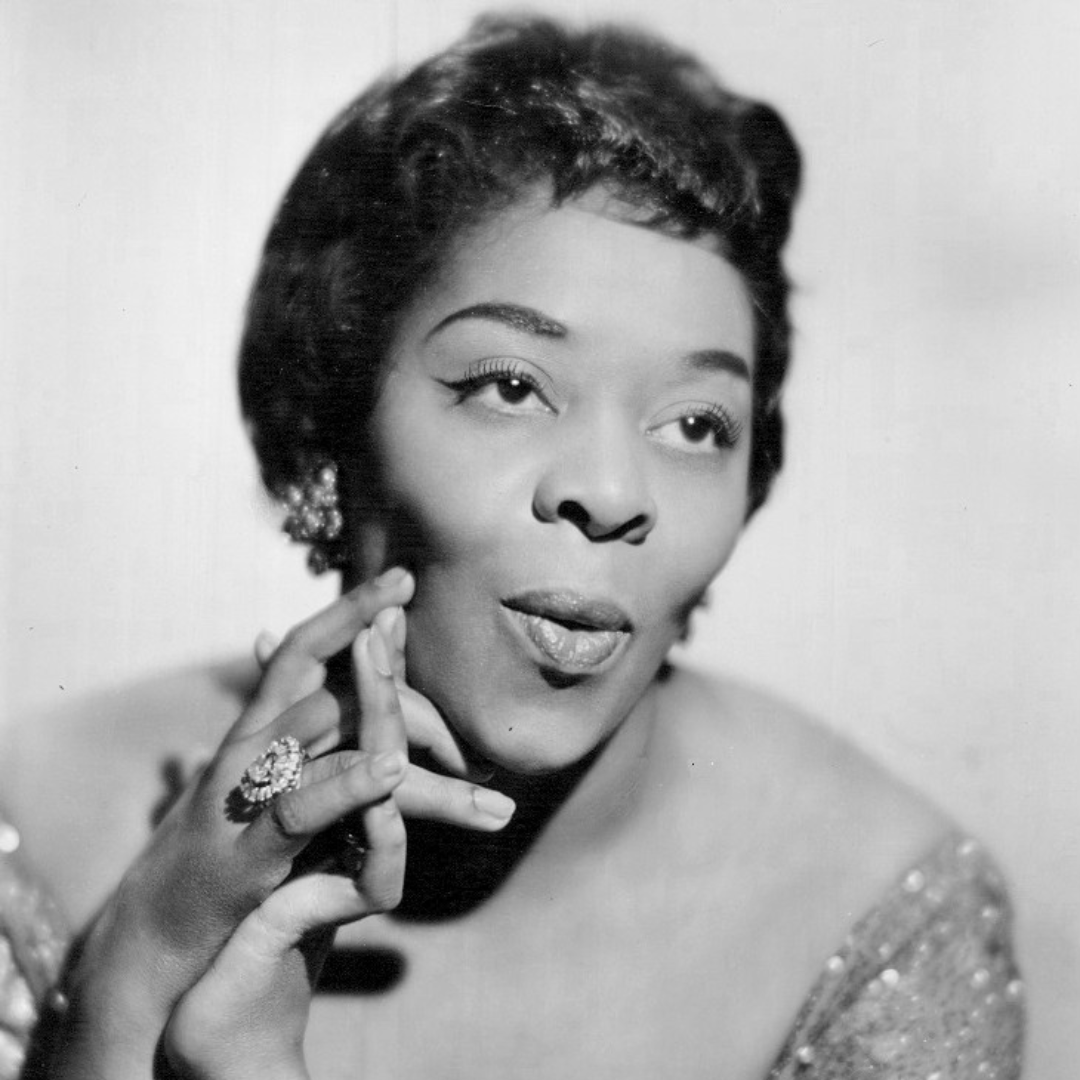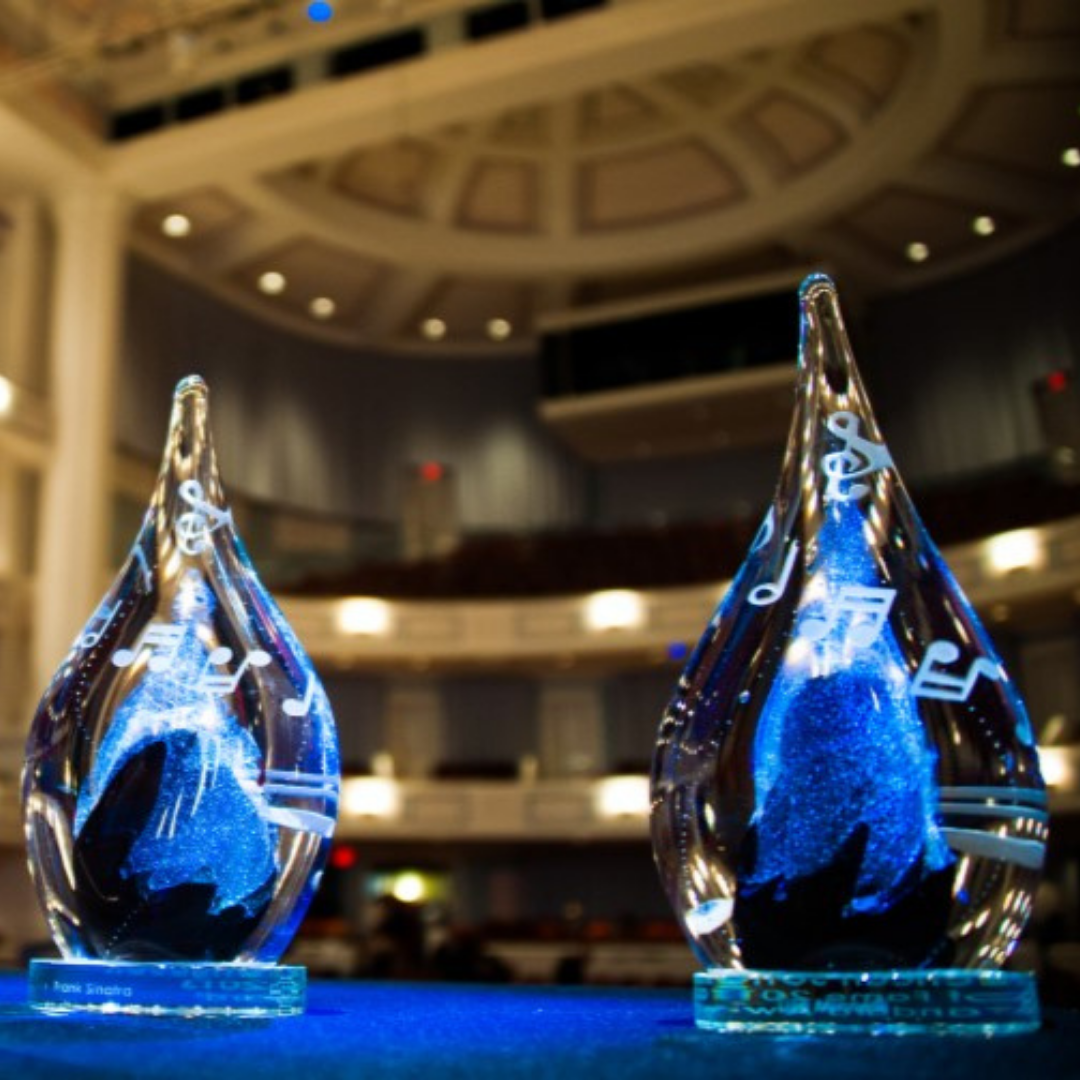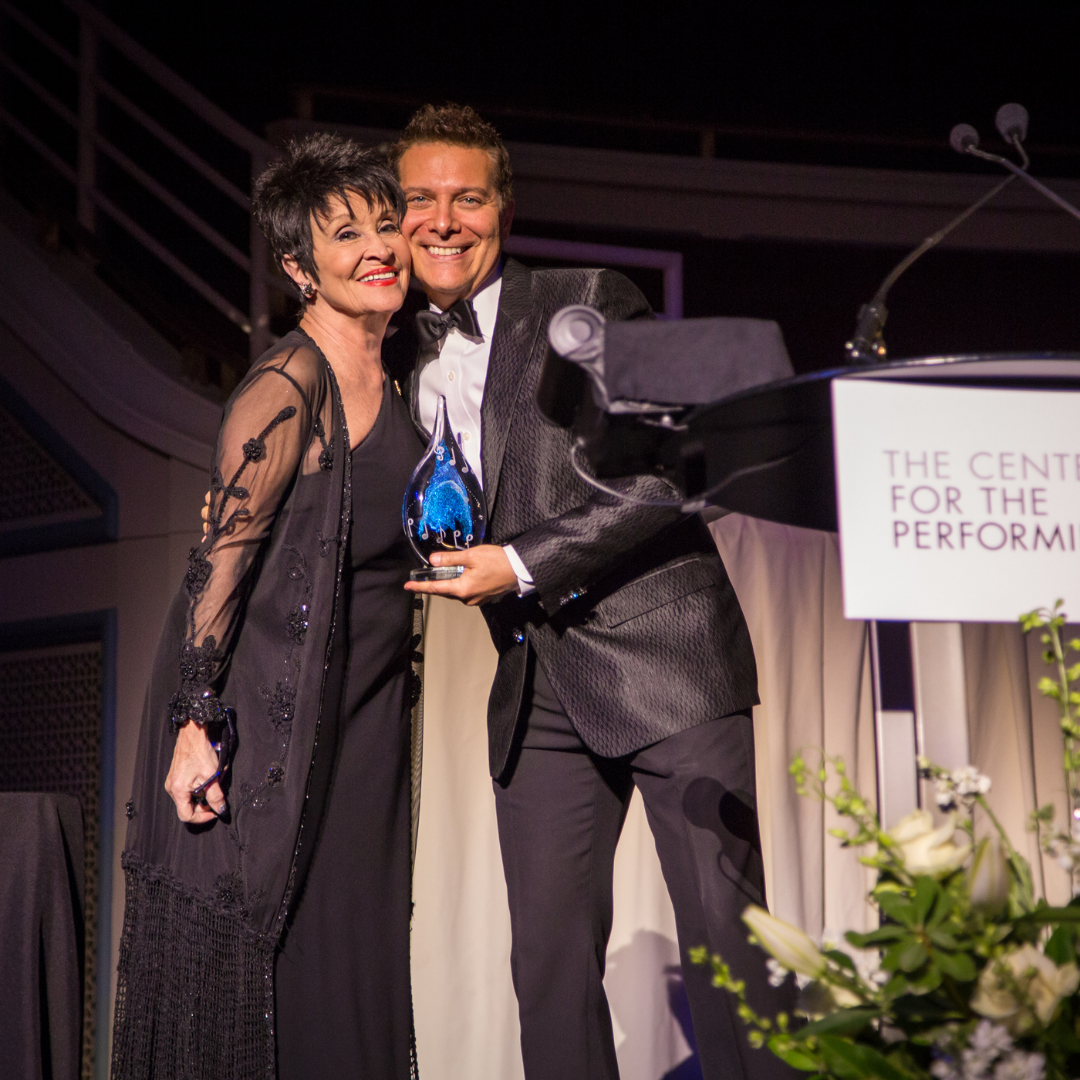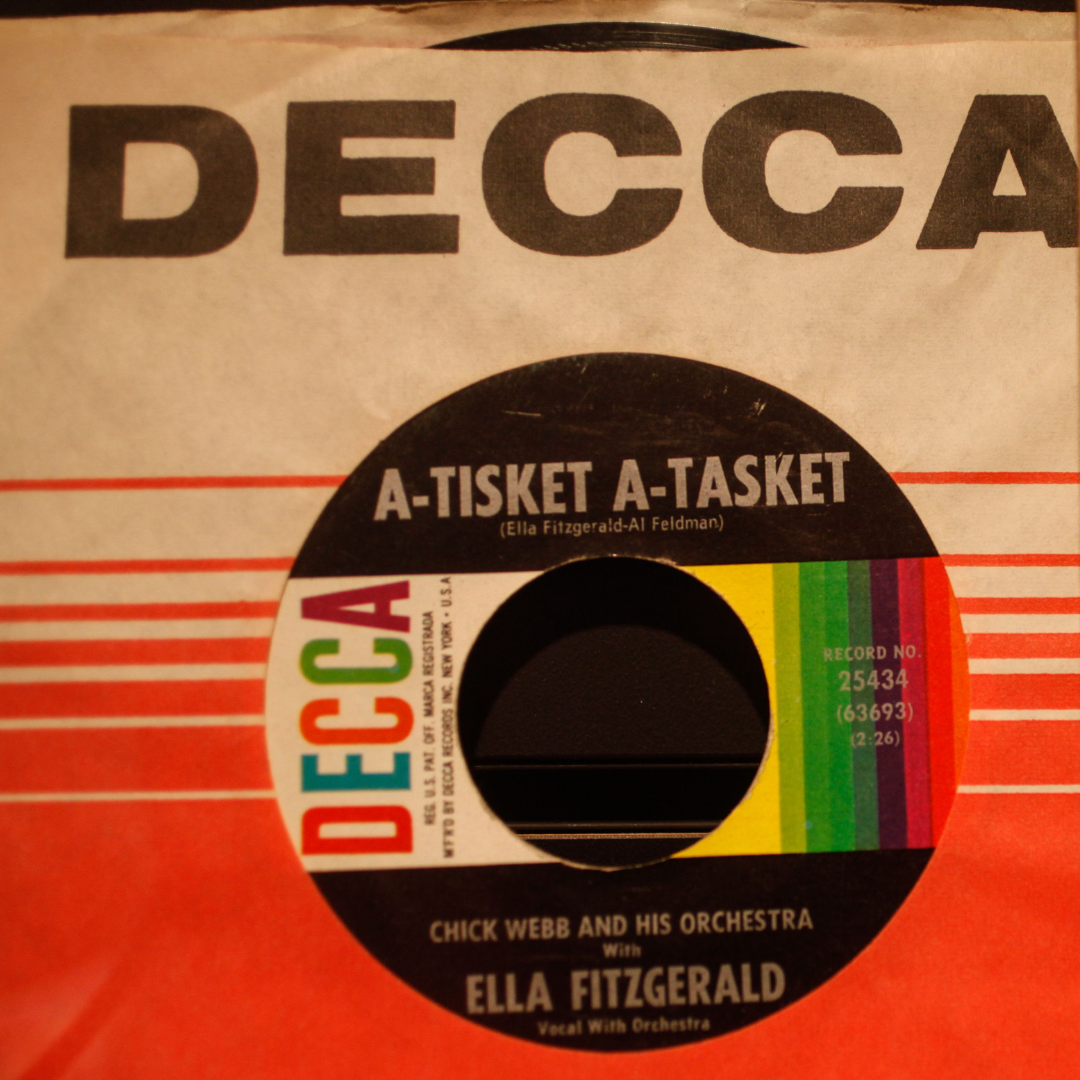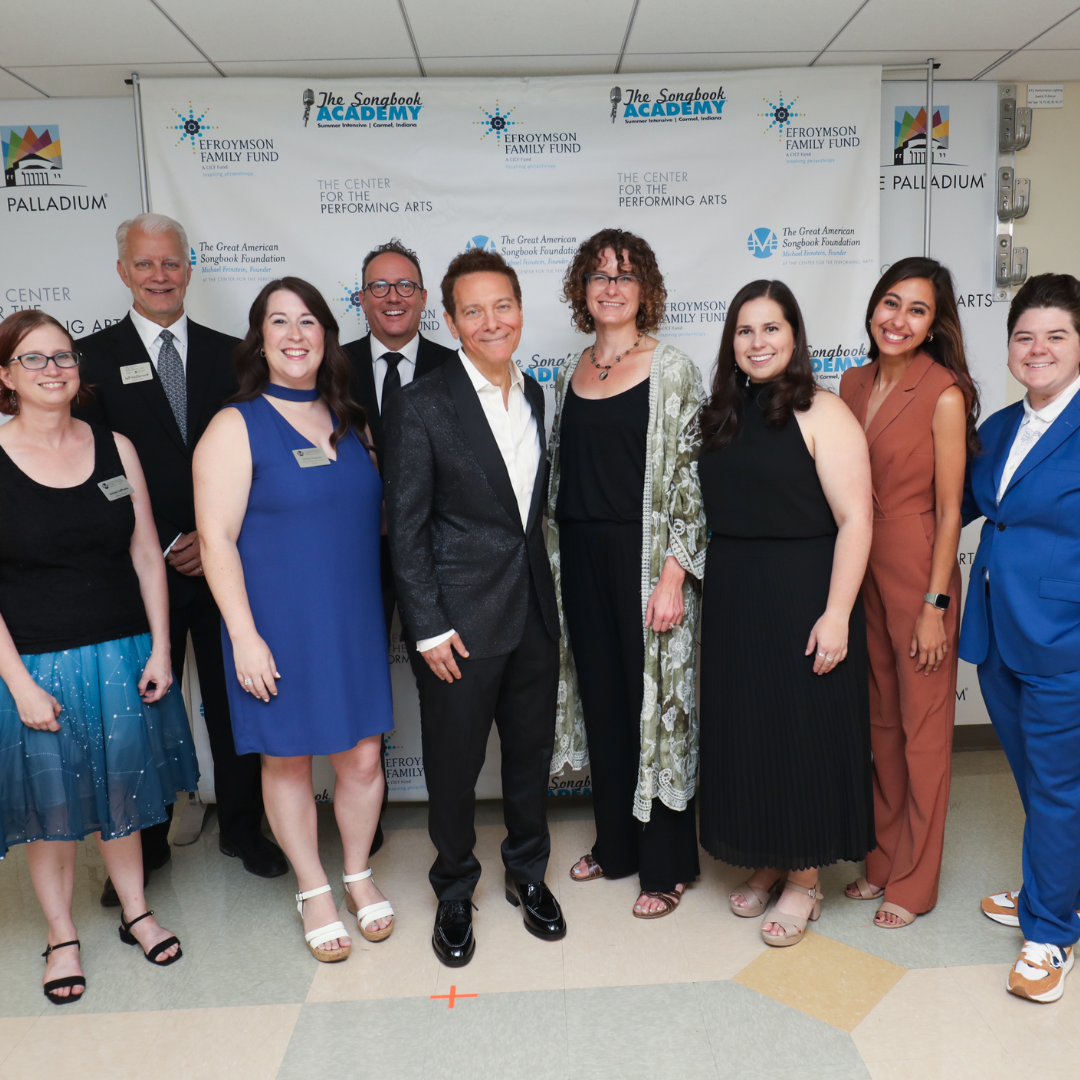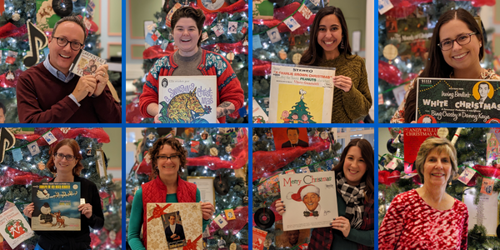Harmony in Later Years: The Transformative Power of Music for Seniors' Health and Happiness
March 12, 2024
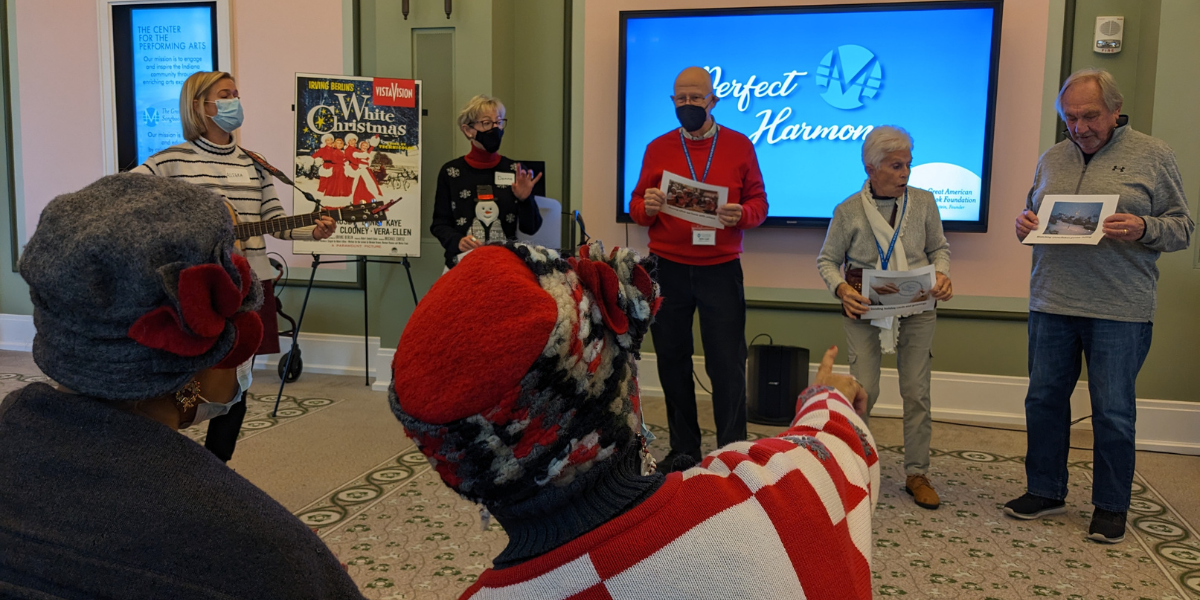
Music has long been beloved for its ability to evoke emotions and memories. This makes it a powerful tool for engaging minds and bodies alike in activities for seniors, whether at home or in a senior living community. The benefits of offering generationally appropriate musical entertainment for senior citizens are as priceless as they are numerous. Here’s why — and how you can get free musical senior care resources for the older adult in your care.
Opportunities for Socialization
Many older adults are at an increased risk of isolation and its harmful effects on mental health, especially if they live alone. One of the key benefits of music therapy for seniors is its ability to foster socialization and human connection. Group music sessions not only provide sensory stimulation, but also facilitate conversations and shared experiences among participants. These interactions can be particularly meaningful for seniors, creating opportunities for bonding and reducing feelings of loneliness.
Enhanced Emotional Health
Music's impact on senior mental health is profound. It evokes strong positive emotions and can elevate mood by reducing cortisol levels, a hormone associated with stress and anxiety. This emotional uplift is particularly beneficial for seniors who may face challenges like depression or anxiety.
Therapeutic activities involving generational music are also helpful for seniors with Alzheimer's disease and other forms of dementia. Familiar songs can trigger memories and emotions, offering a sense of familiarity and comfort. Music and memory stimulation are crucial in dementia care, where maintaining a connection to the past and personal identity is often challenging.
Improved Cognitive Function
Music therapy has been shown to improve memory and attention span in older adults, which can be especially advantageous for those at risk for or experiencing forms of cognitive decline. Further, the effects of music on learning and memory are also beneficial for seniors who strive to be lifelong learners, a discipline that is key for promoting brain health and elasticity. Listening to “study music” (like piano, classical, or minimalist music) can help anyone, including older adults, to take in and retain new information.
Boosted Physical Health
Music also serves as a natural, intuitive catalyst for physical movement. Encouraging seniors to dance or move to music in any form not only lifts their spirits, but also strengthens their bodies. The rhythmic qualities of music can help in coordinating movements, which is particularly useful for those with physical limitations or conditions like Parkinson's disease. When done responsibly in a safe environment, moving to music can help to improve balance, flexibility, lung capacity, energy levels, and mobility as a whole.
Music therapy that involves physical movement can even aid in pain management by improving mood and circulation, which helps to deliver more nutritious and healing oxygen to cells throughout the body.
Enriched Caregiver Experience
It's not just seniors who benefit from music. Music therapy can offer caregivers an enjoyable way to connect with their loved ones on a deeper level. Shared musical experiences can create moments of togetherness and understanding, which is especially important in the context of age-related diseases or illnesses.
Diverse Yet Simple Practical Applications
Integrating music into the daily lives of seniors is relatively simple and highly effective. Creating personalized music playlists, choosing their favorite music devices, and encouraging participation in music groups or choirs are some ways to make music a regular part of a senior's routine. For those with specific conditions like Alzheimer's, selecting music from their teenage years or encouraging them to re-engage with musical instruments can be particularly beneficial.
If you’re a senior caregiver, the internet can be a great place to find generational music resources. You can find many recordings and senior-appropriate activity ideas for free from history- and music-related nonprofit organizations.
Get Music Resources for Senior Care With the Perfect Harmony Program
The Great American Songbook Foundation works to preserve the music and continue the legacy of the Great American Songbook, which is not literally a book, but a term describing a collection of enduring and influential songs that resonate across generations and serve as the foundation of modern popular music. We offer programs that educate and engage music lovers everywhere as well as unique opportunities for rising singers and musicians.
One of these is our Perfect Harmony program, a music resource that helps care partners identify appropriate generational music and activities that will engage older adults in a shared music experience.
Each month, Perfect Harmony releases video resources and music activities that are created with a cohesive theme in mind and are beneficial in both individual and group settings. Additional offerings include our generational music playlists, which offer an accessible guide for exploring popular artists and songs that may resonate with a loved one or individual in your care.
Music is beneficial for everyone, and these resources allow any generation to engage with others through music! Get creative and use Perfect Harmony with your family, in school, or in your community by signing up for our monthly emails!
Please note: Perfect Harmony is made in partnership with Allegra Hein (MT-BC), a board-certified music therapist. This program is not to be used in place of music therapy, though there are benefits from engaging non-therapeutic music activities.



